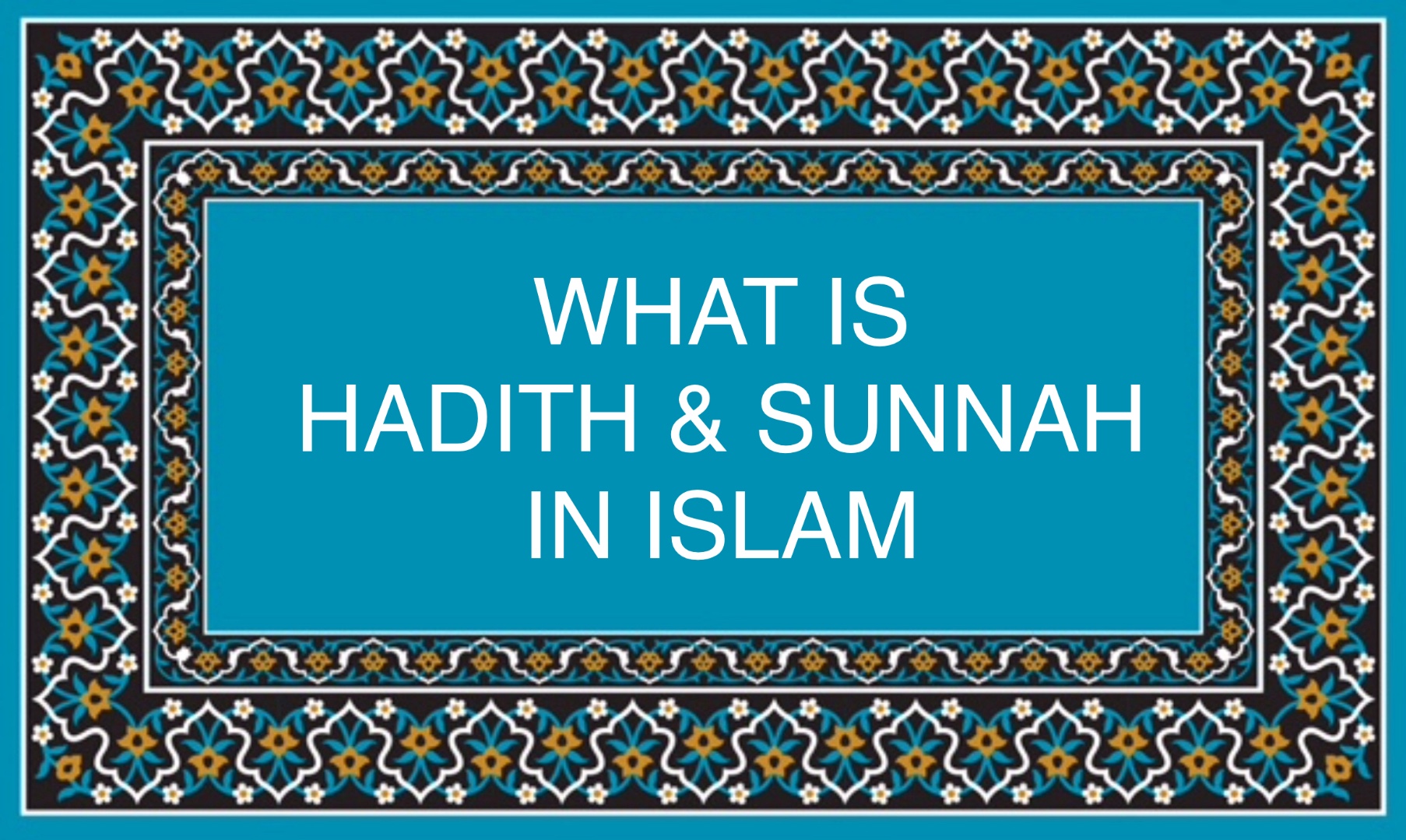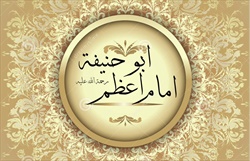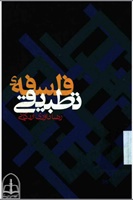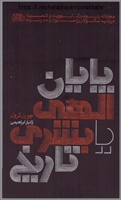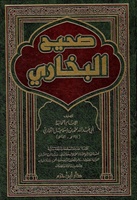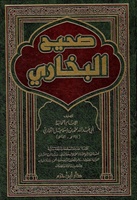

فَأَقِمْ وَجْهَكَ لِلدِّينِ حَنِيفًا… (روم، ٣٠)
پس روى خود را متوجه آئين خالص پروردگار كن !WHAT IS HADITH & SUNNAH IN ISLAM
WHAT IS HADITH & SUNNAH IN ISLAM
This article discusses what HADITH is in Islam, what SUNNAH is in Islam, the meaning of Sunnah in English, the importance of HADITH, and the difference Between HADITH and SUNNAH and the Holy Quran.
The Holy Quran is the primary Source of Islam and the literal Spoken Word of God. The Holy Quran is the only Book in the world which contains the exact and pure word of God Himself. Hadith, meanwhile, is the second source of Islam. Unlike the Quran, the statements known as Hadith was created and preserved by humans and not directly by God.
While Prophet Muhammad peace be upon him was practicing and preaching the teachings of Islam and the Koran to his companions; his companions would report and record the statements, actions, and beliefs of the Prophet. The companions of Prophet Muhammad peace be upon him gathered them, and later by scholars who specialized in Hadith. These reports then were collected and known to be called Hadith.
In the Arabic language, Hadith, or A’Hadith in its plural form, has several meanings. Hadith translates to mean speech, narration, report, or news. In the context of Islam, Hadith refers to a narration or report that Prophet Muhammad peace be upon him said, did, or approved. Hadith can also refer to the Prophet’s reaction or silence in response to something said or done by others. Hadith is a body of reports that makes up speeches, discourses, statements, actions, sermons, teachings, sayings, and approvals of the Prophet. Hadith also contains accounts of Prophet Muhammad’s behavior, physical features, and character traits. Hadith also contains theology, doctrine, law, ethics, morals, manners, and more. Hadith also comprises a commentary of the Holy Quran, which would help a reader understand the Holy Quran better. Hadith helps answer questions regarding details and specifics of the religion.
The acts and practices of the Prophet are called Sunnah. Prophet Muhammad stands as the sacred model for humanity to emulate and follow, as God sent him as an example of how one should live his or her life.
“There has certainly been for you in the Messenger of Allah an excellent pattern for anyone whose hope is in Allah and the Last Day and [who] remembers Allah often” (Quran 33:21)
The term Sunnah comes from an Arabic root word which means to ‘pave the way’ making a path easier, more comfortable, and more accessible as in it becomes commonly followed by many in its wake. The term ‘Sunnah’ is usually interpreted as ‘the act of’ or ‘example of the Prophet.’ Muslims study and ponder over the Hadith text to benefit from the prophetic knowledge transmitted to mankind in the form of these narrations.
Hadith is preserved through acts of memory, practice, and writing. Hadith was taught from a teacher who learned it from his teacher, and ultimately can be traced back to the companion who took it from Prophet Muhammad peace be upon him; together, these people form the chain of narrators. The words and actions of the Prophet are found in different books of Hadith. While Hadith is criticized, and some fabricated Hadith stems from people with hidden agendas, no criticism is leveled at the Quran as it constitutes the exact word of God and is separate from Hadith. Hadith was passed down and preserved with human intervention, as opposed to the Quran; which God guarantees to protect from all manner of human modification.
Hadith is composed of two parts: the ‘Isnad’ and the ‘Mat’n.’ The isnad refers to the chain of people who narrated the particular Hadith. The isnad must be comprised of upright and sincere individuals, whose integrity is unquestionable. Scholars of Hadith impose strict qualifications on these narrators, to ensure that every member of the chain of narrators is qualified to tell and pass down the story of the Hadith. If one lacks credibility, then the Hadith would be rejected.
The second part of Hadith is the Mat’n, which is the actual text of the narration.
Like Hadith, the Bible contains reports from individuals; however, the authors of the reports provided in the Bible are unknown. The reporters of the Hadith are all known people, credible, honest individuals, who have established its chains of narration.
Muslims do not follow the way of the Prophet as though he was some demigod. Prophet Muhammad was a mere human being whom God chose to be His last and final Prophet.
Say, “I am only a man like you, to whom has been revealed that your God is one God…” (Quran 18:110)
God commands people to follow His Prophet. Hence, following the way of the Prophet is akin to acting in obedience and submission to Allah, the Glorious.
“O, you who have believed, obey Allah and obey the Messenger and those in authority among you. And if you disagree over anything, refer it to Allah and the Messenger, if you should believe in Allah and the Last Day. That is the best [way] and best in result” (Quran 4:59)
Prophet never bespoke his desire. He spoke only those words sent down to him from his Master when conveying the Message.
“He does not speak out of his own desires” (Quran 53:3)
بحث در مورد'WHAT IS HADITH & SUNNAH IN ISLAM'
نظریات خود را بنوسید
نظریات خود را باره این مقاله با ما شریک کنید

